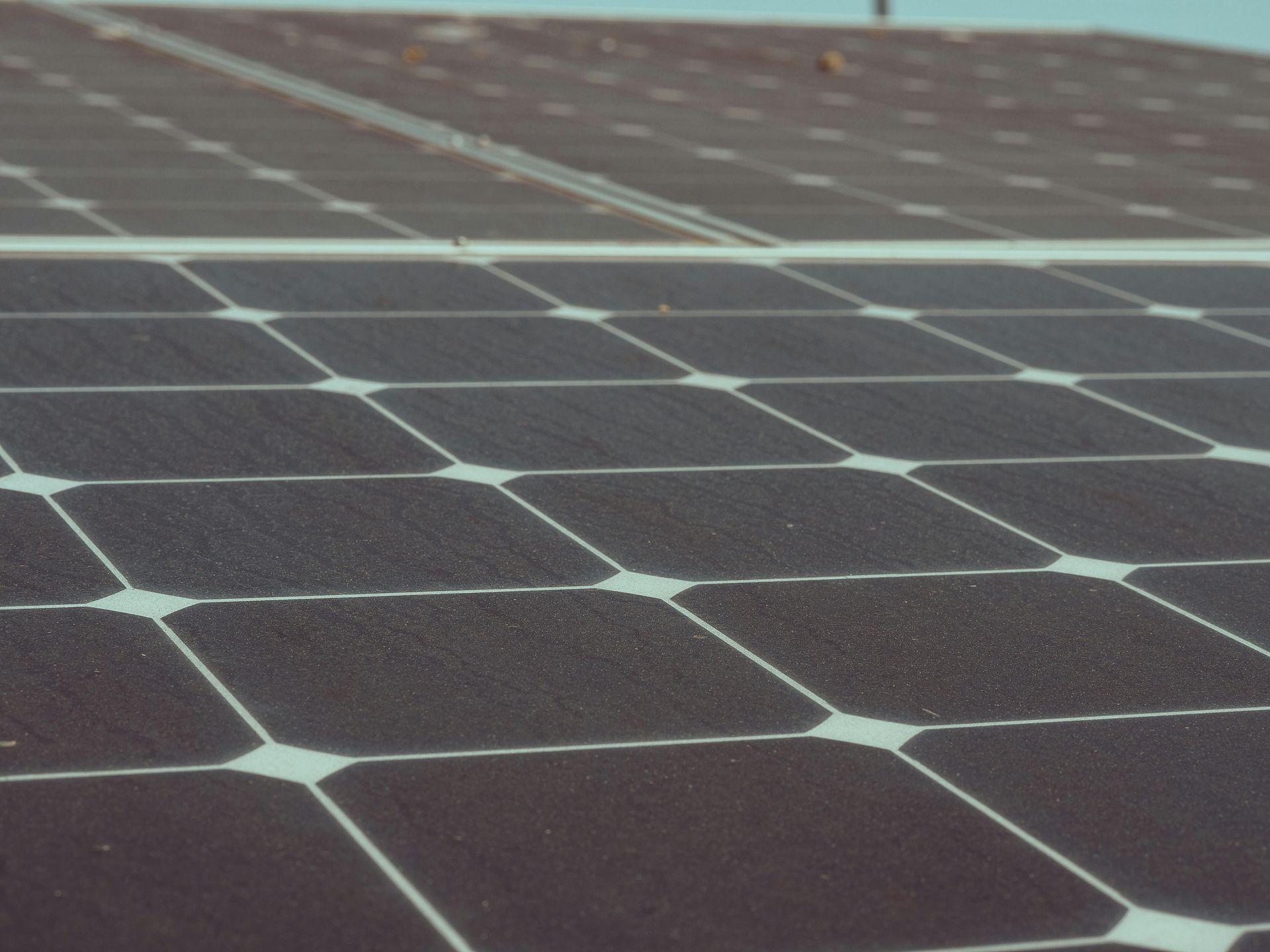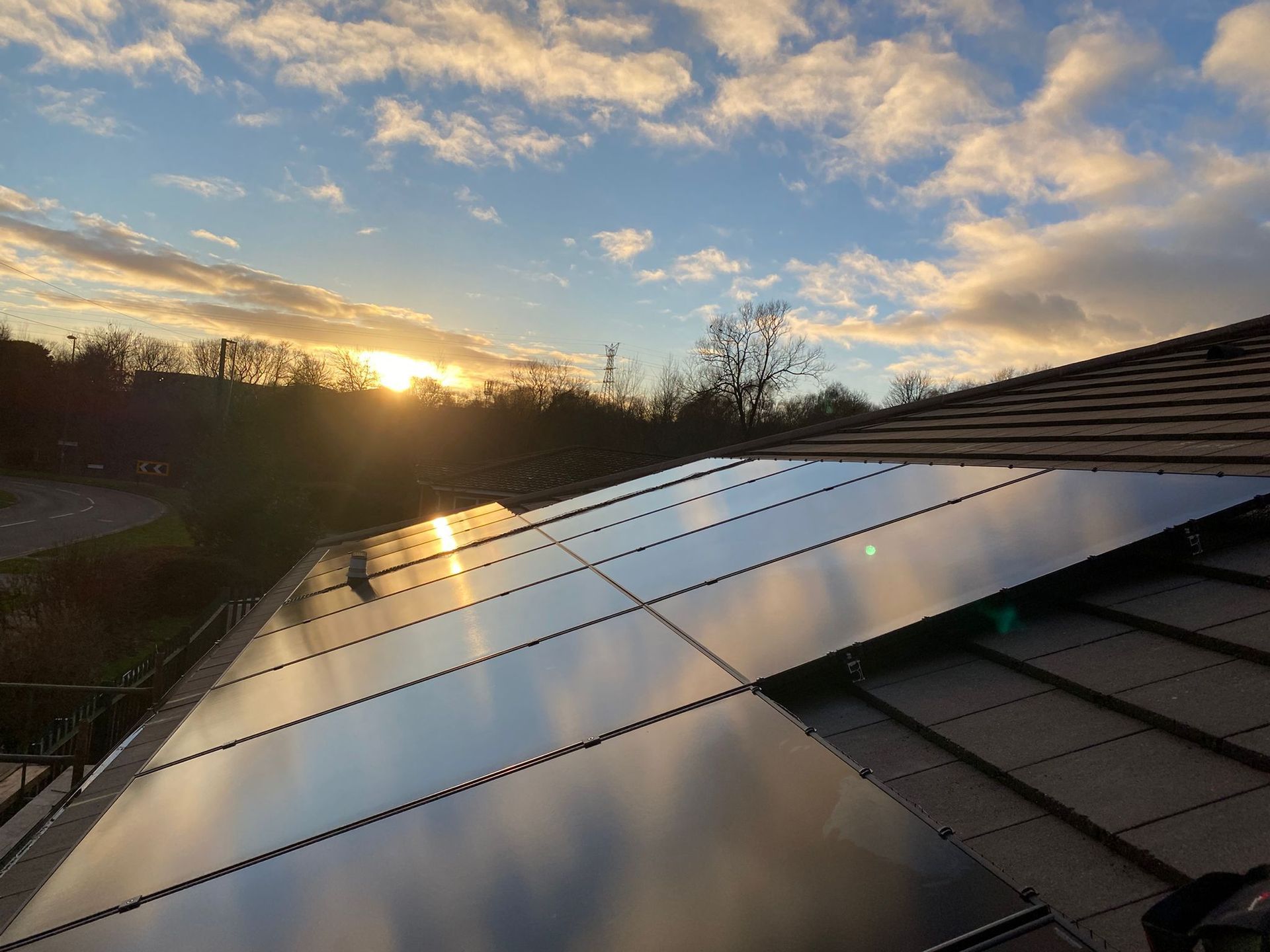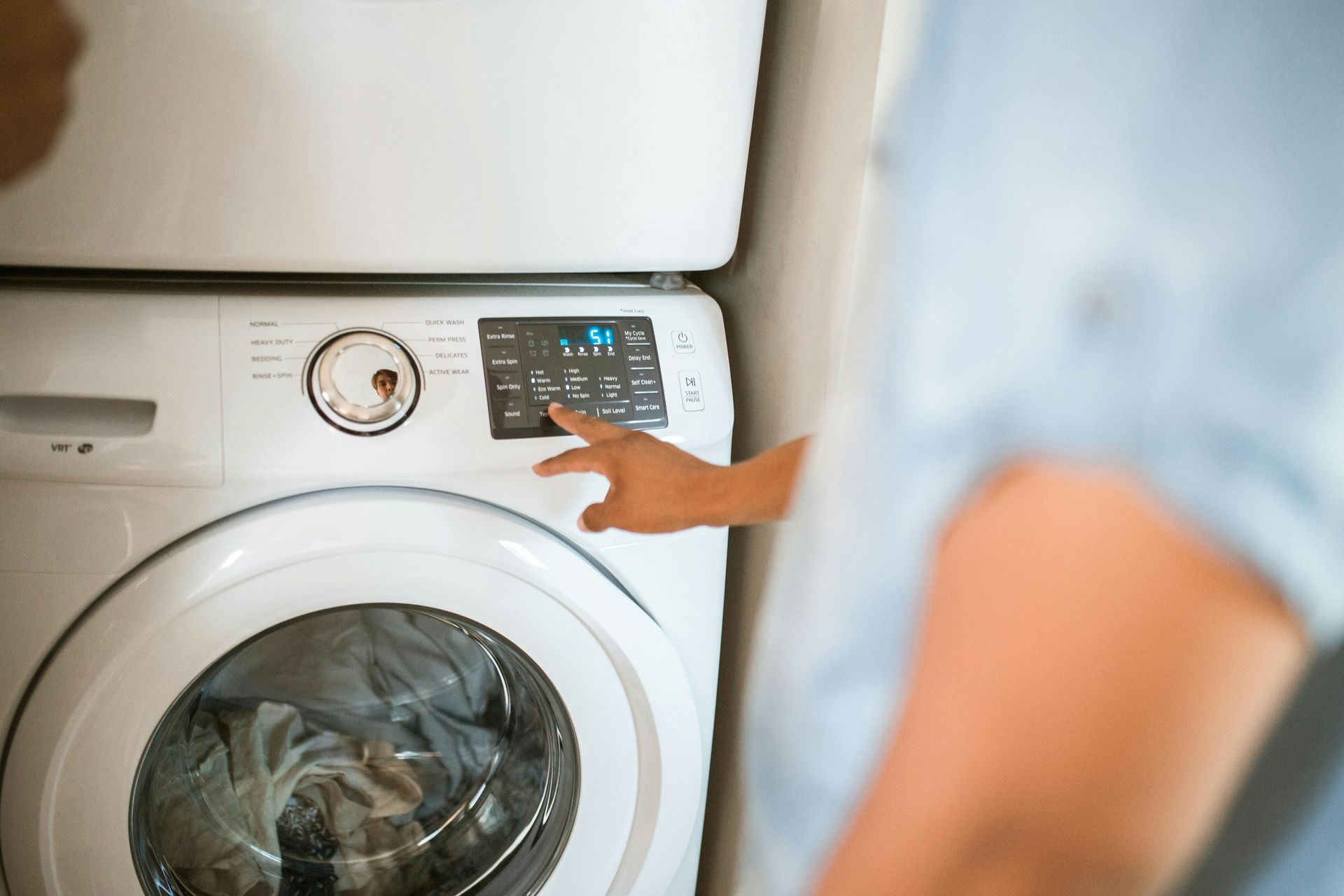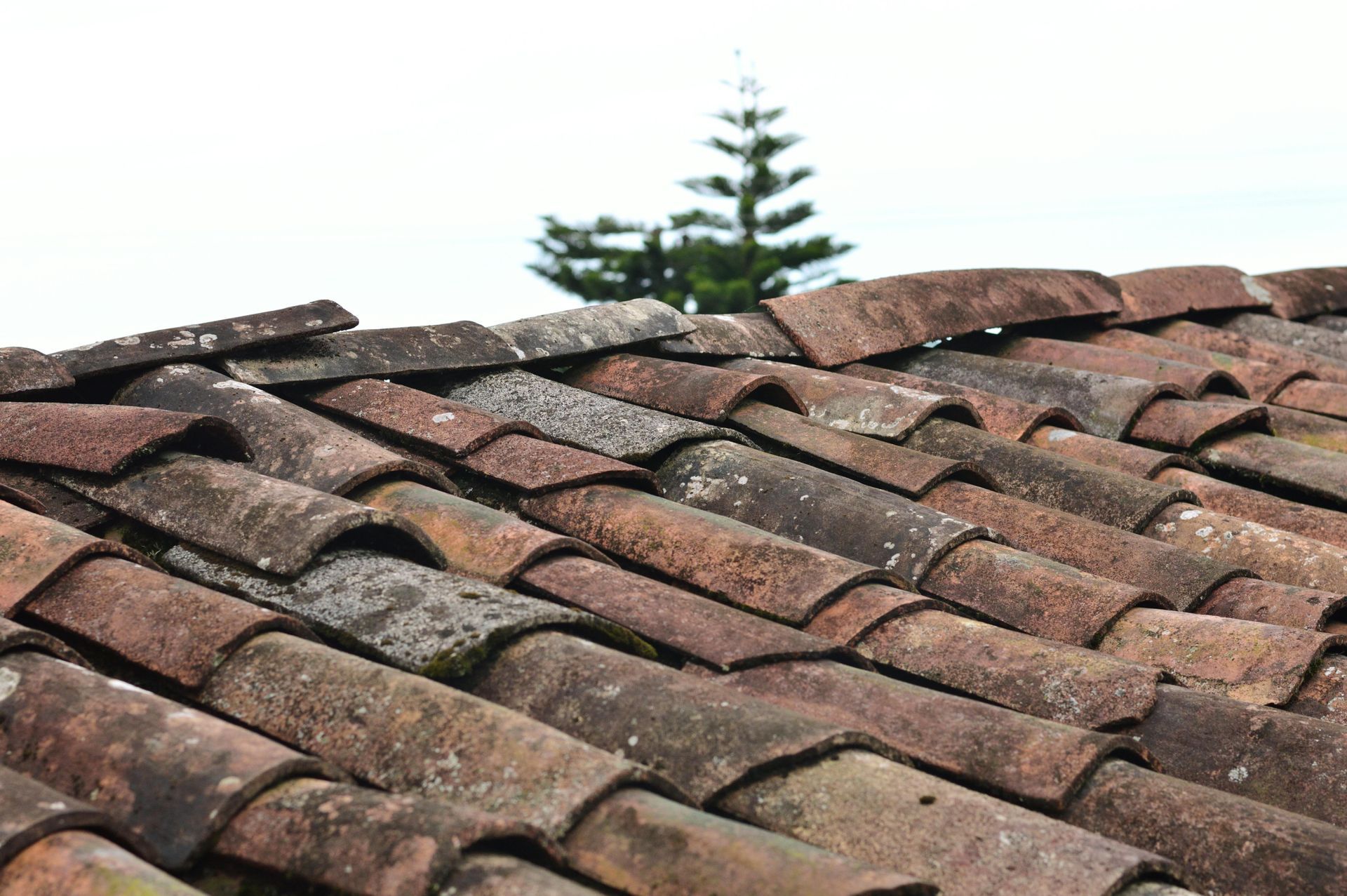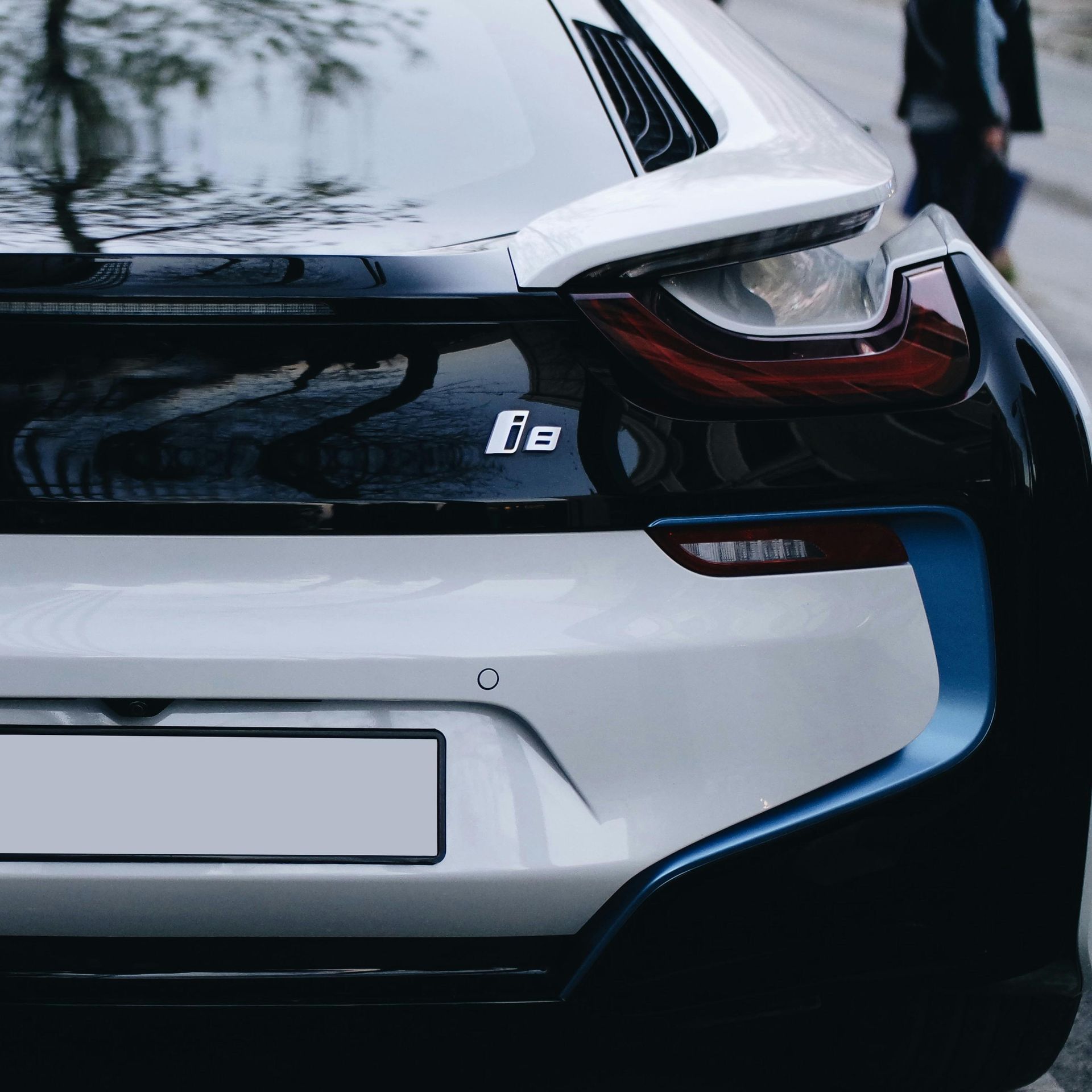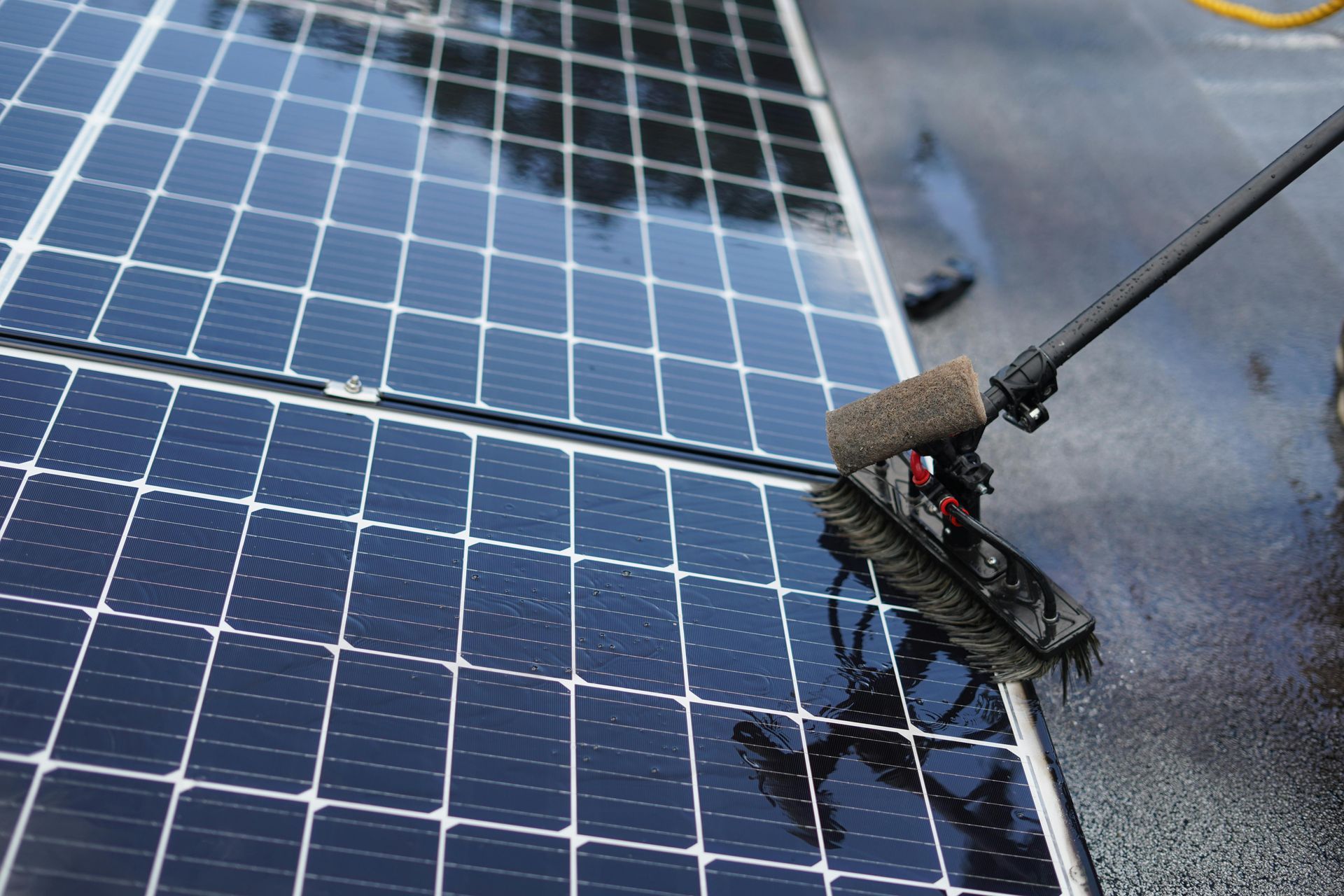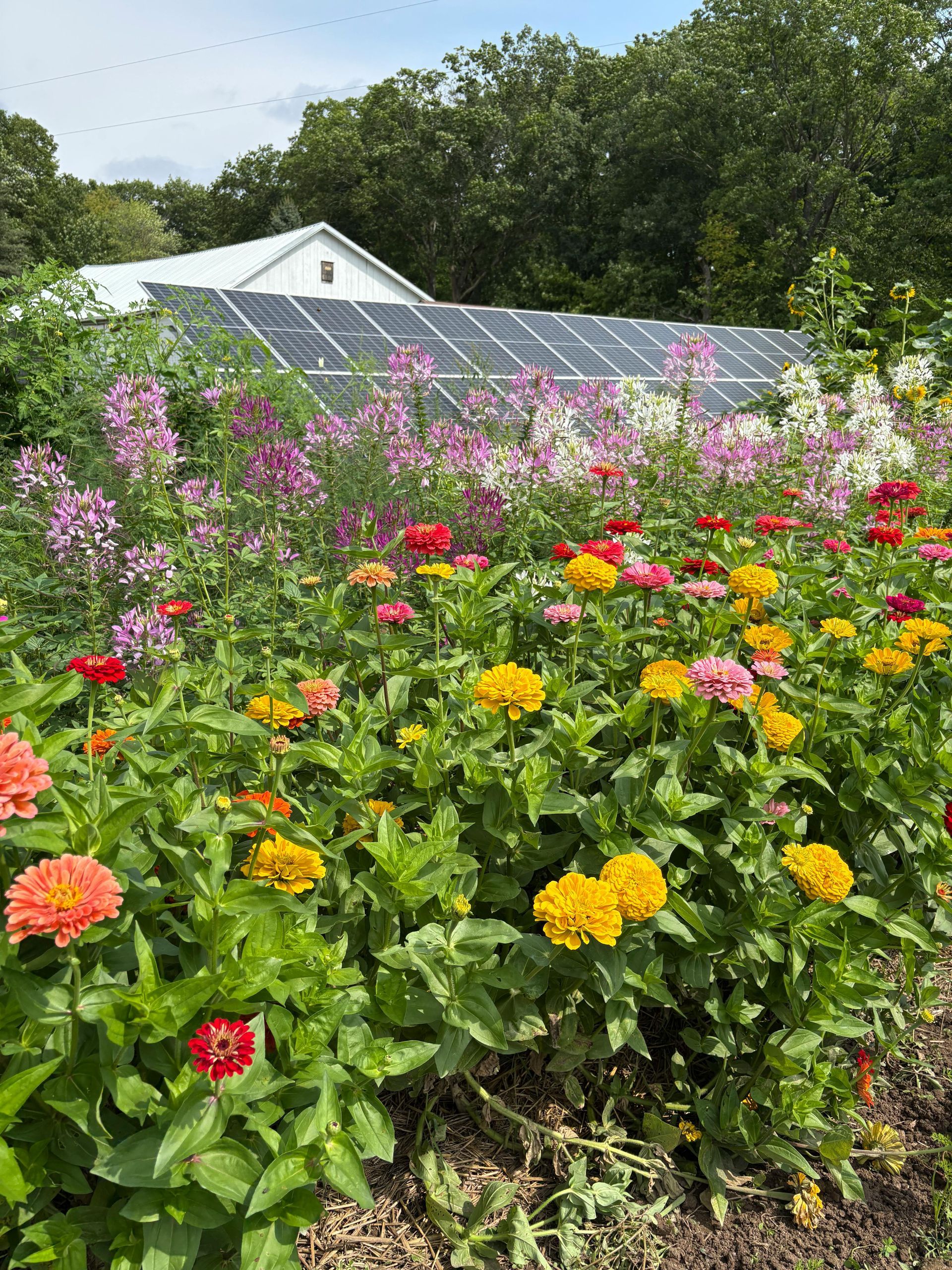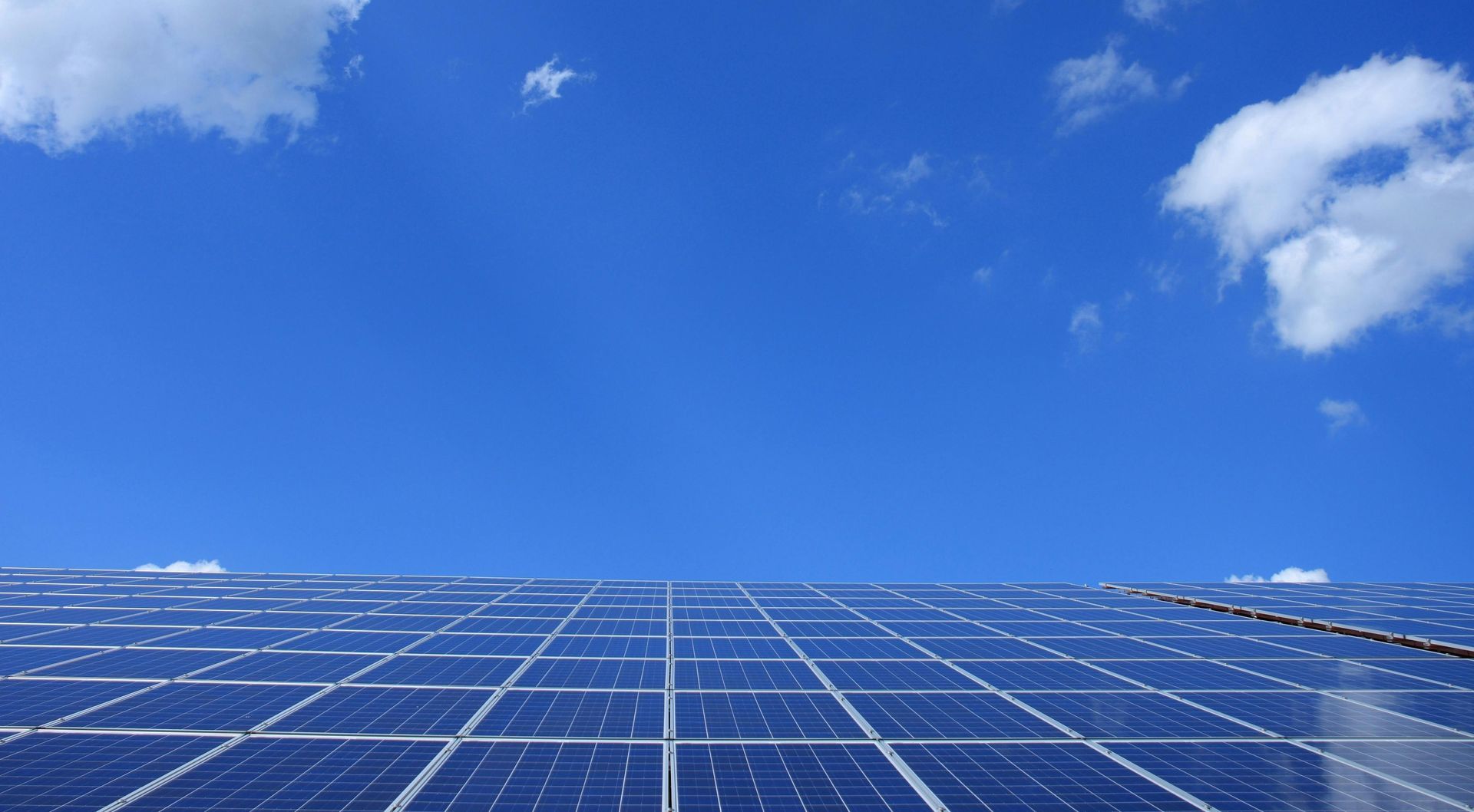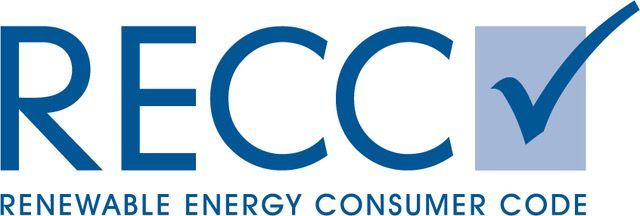Do Solar Panels Work In Winter?
Solar Panel Installation Doesn't Only Have To Be At This Time Of Year
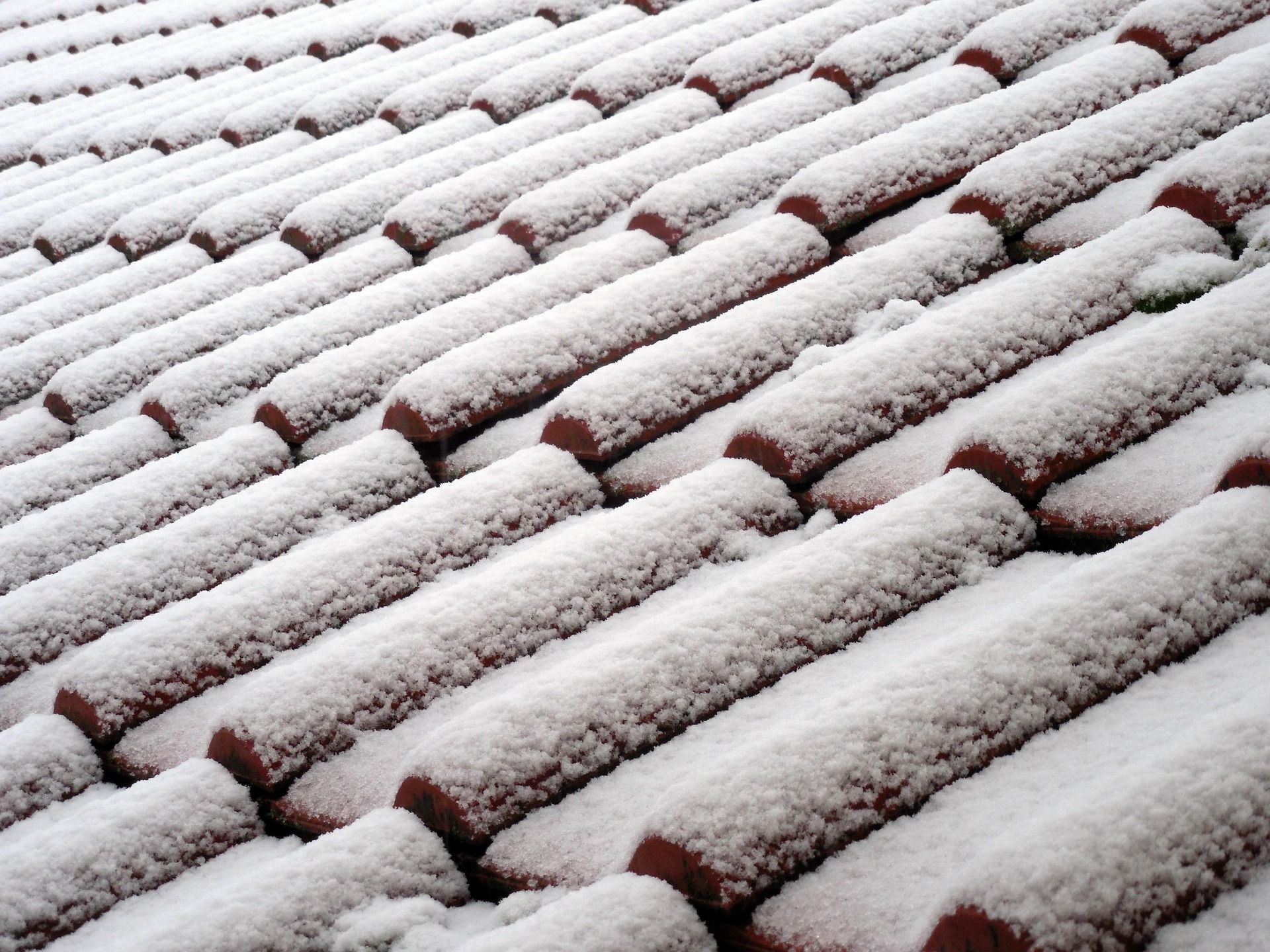
Even though we are just starting to get into Spring and Summer, we often get a lot of questions at this time of year about the winter months and the efficiency of solar panels. It's where people start to think ahead, do research and start to make a lot of assumptions and sustainable energy solutions.
When the Autumn and Winter months draw in and temperatures drop, many people wonder if solar panels actually work in winter? And if they do, how much energy do they actually generate compared to sunnier months? Whether you're already using solar power or thinking about making the switch, it's a valid concern. So despite being in April right now, we are looking at the facts and uncover how solar panels perform in the colder months.
Yes, Solar Panels Work in Winter
Contrary to popular belief, solar panels don’t need warm weather to function. In fact, solar panels can actually work more efficiently in cooler temperatures. Solar energy systems rely on sunlight, not heat. So as long as there's daylight, your solar panels will continue producing electricity—even on cold, snowy days.
Photovoltaic (PV) panels, the most common type of solar panel, convert sunlight directly into electricity. While overcast days reduce the amount of sunlight that reaches the panels, modern solar technology is capable of producing power even when skies are cloudy.
Colder Weather Can Be an Advantage
Colder weather can actually boost the efficiency of solar panels. High temperatures can cause solar panels to overheat, which slightly reduces their efficiency. In winter, panels stay cooler and can convert sunlight to electricity more efficiently. This means that even though the days are shorter and sunlight is less intense, your panels are working at optimal thermal conditions.
For example, Germany—one of the world leaders in solar power—experiences cold, dark winters, yet still generates a significant portion of its electricity from solar energy. That’s a testament to the year-round viability of solar technology.
Less Sunlight, Less Energy: A Seasonal Dip
While your panels do work in the winter, it’s true that they will likely generate less energy overall during these months. There are two main reasons for this:
- Shorter Days: Winter days are shorter, which means fewer hours of sunlight available to generate power. If your area sees just 6 hours of daylight in December compared to 14 hours in July, that naturally impacts output.
- Sun Angle: The sun sits lower in the sky during winter, resulting in a less direct angle of sunlight hitting the panels. This reduces the amount of solar radiation the panels can capture.
Still, this dip in output is a seasonal and expected part of solar production. Most solar systems are designed with these fluctuations in mind and sized to meet yearly energy needs, not just summer performance.
What About Snow And Solar Panel Performance?
Another common winter worry is snow - although it's rare to get the amount of snow these days that we used to! If snow covers your panels, it can temporarily block sunlight, which stops electricity generation. However, most panels are installed at an angle, which helps snow slide off more easily. Additionally, because solar panels absorb heat, any snow covering them will usually melt faster than snow on the ground.
If we experienced heavier snowfall like in years gone by then we would probably recommend mounting panels at a steeper angle to prevent accumulation but it's not really something that is necessary in pour opinion. It could also be possible to safely brush snow off their panels to maximise exposure - obviously depending on where they are fitted, though it’s important to follow proper safety measures when doing so.
Tips to Maximise Winter Solar Panel Performance
If you live in a region with long winters and lots of snow, here are a few tips to keep your solar system working efficiently:
- Install panels at an optimal angle to capture the lower winter sun and allow snow to slide off.
- Use a solar battery to store excess energy generated during sunny days for use at night or during cloudy weather.
- Keep panels clean and clear of debris or snow when possible. A long-handled, soft-bristle broom can help, but only if it’s safe to do so.
- Monitor your system’s performance through your solar provider’s app or monitoring portal to track energy production year-round.
Solar Power is a Year Round Investment
In conclusion, yes, solar panels absolutely work in winter. They may generate less electricity than in summer due to shorter days and reduced sunlight, but they continue to function efficiently, even in snow and cold weather. Over the course of a year, solar systems are designed to balance seasonal variations and provide a consistent source of renewable energy.
Winter might not be the sunniest time of the year, but your solar panels are still working behind the scenes—turning daylight into energy and reducing your dependence on the grid. So, even as the snow falls and the thermostat dips, your solar energy system keeps on working.

